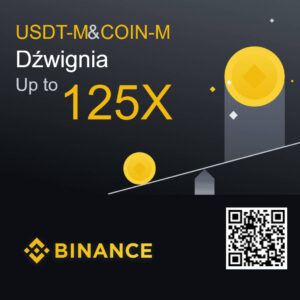Rate Solana 0,00125650 BTC
Change (24h): -0,69%
Calculator SOL / BTC
How is 1 Solana?
| SOL | 0 BTC | |
| BTC | 0 SOL |
Team
- No data
Another prices
- CHZ 0.135 PLN 3,05%
- BTC 58886 EUR -1,77%
- BSV 0.00233831 BTC 0,00%
- SUSHI 0.76 PLN 2,70%
- XRP 2.154087 USDT 0,00%
- NBS 0.00000031 BTC 0,00%
- BTT 0.002777 USDT inf%
- RSR 0.00152 USDT 0,80%
- COCOS 1.7546 USDT 0,00%
- WNXM 73.26 USDT 0,00%
Do you know how buy Solana?
Description
Do you have account on KryptoBot?



